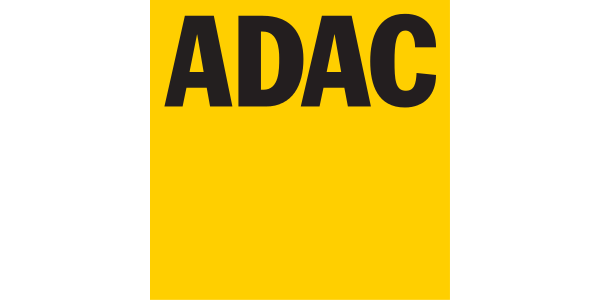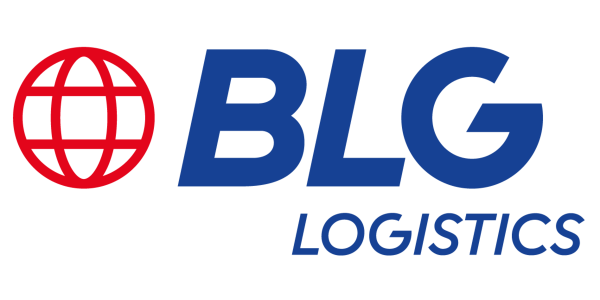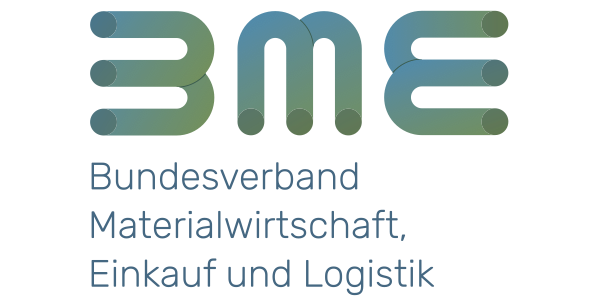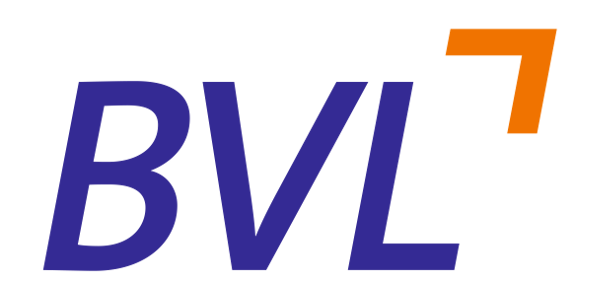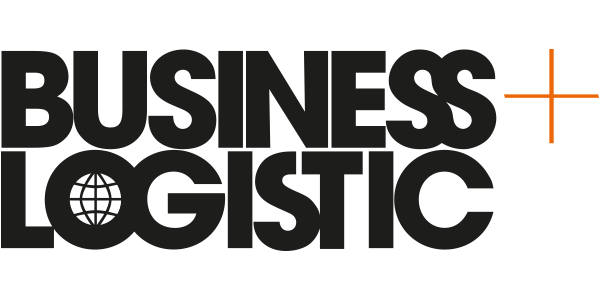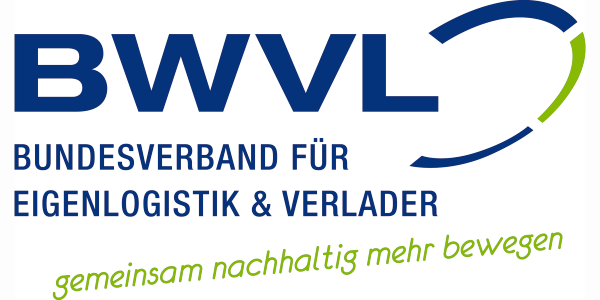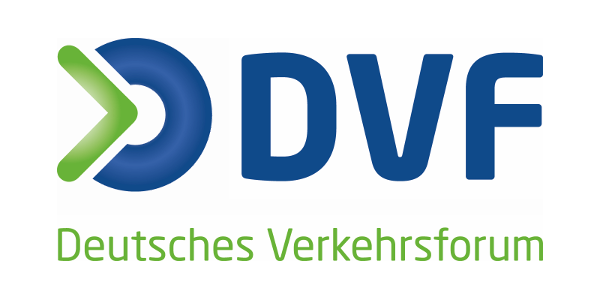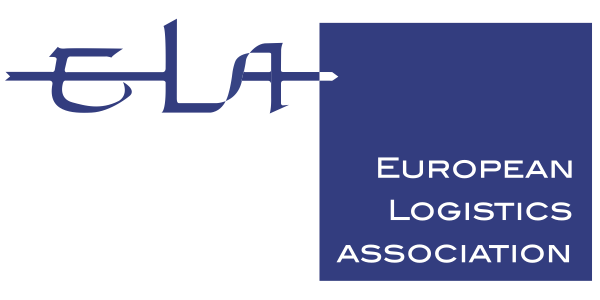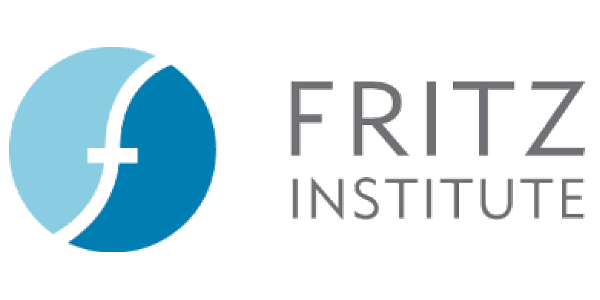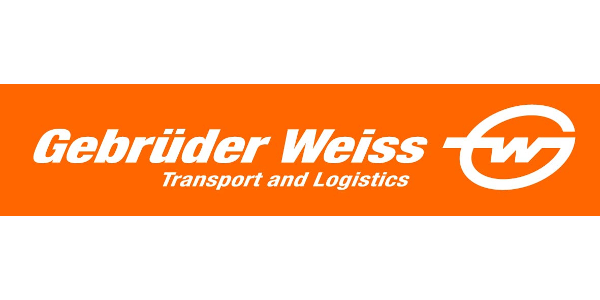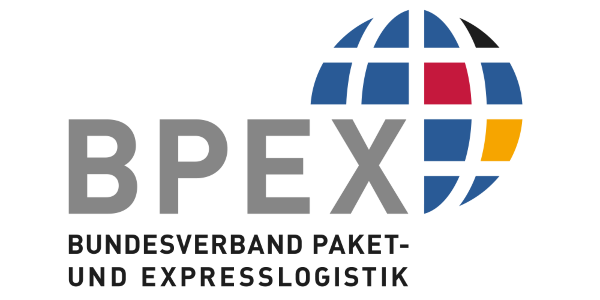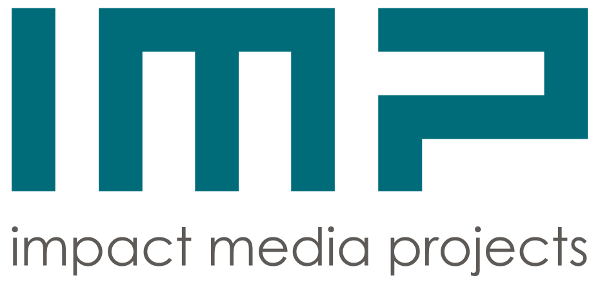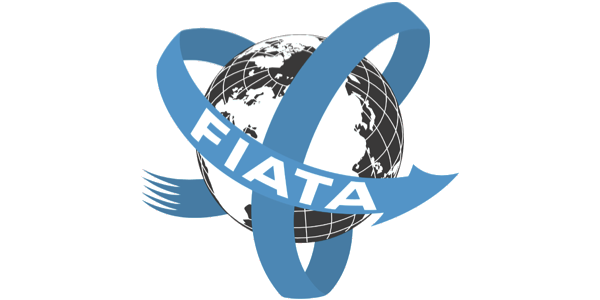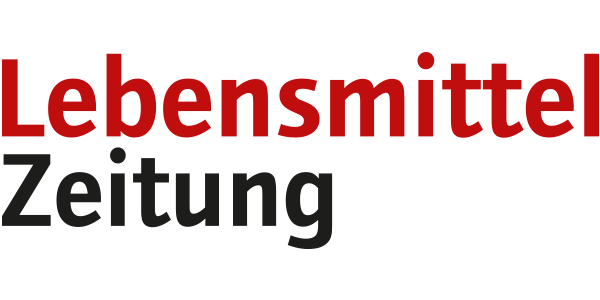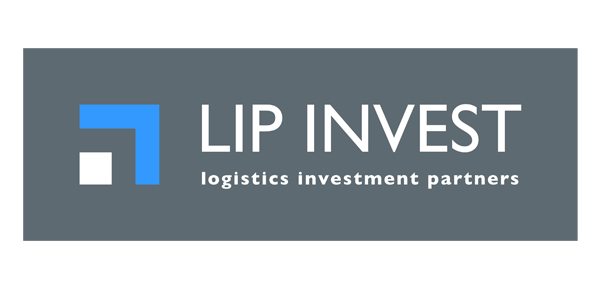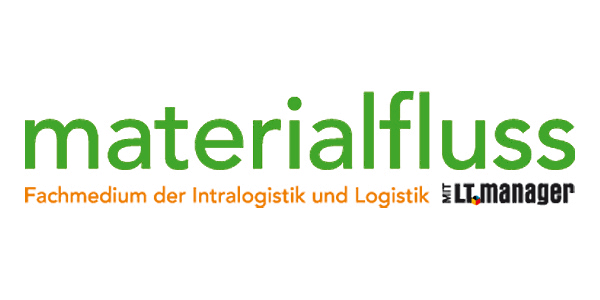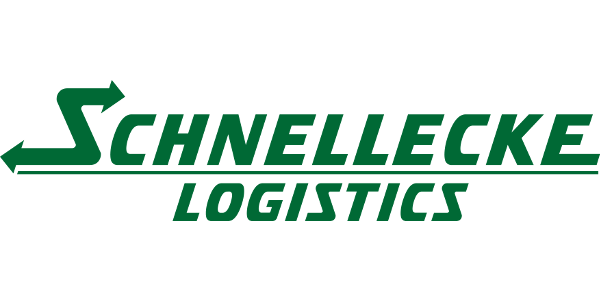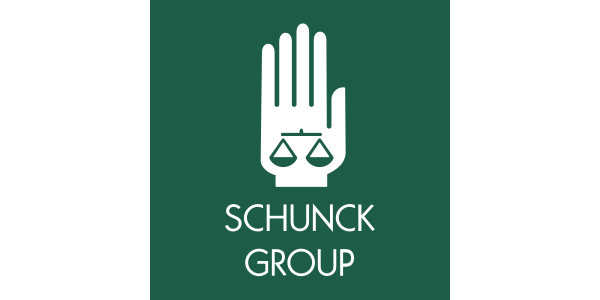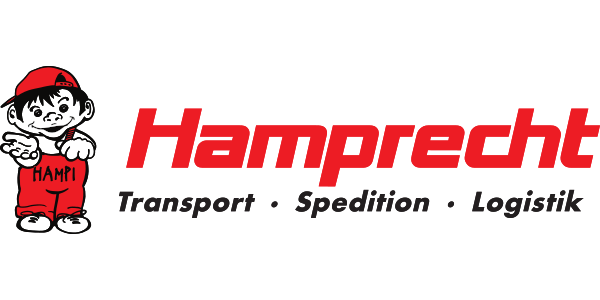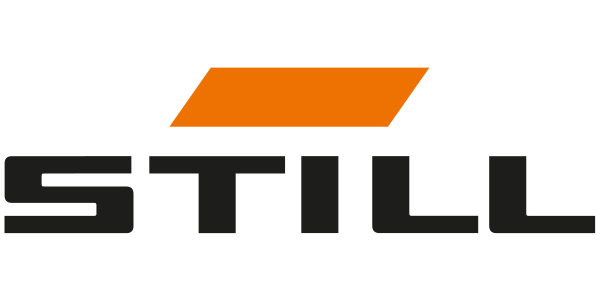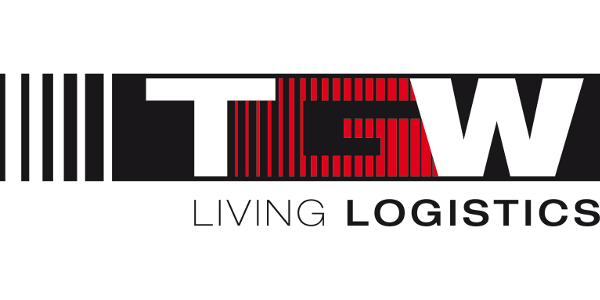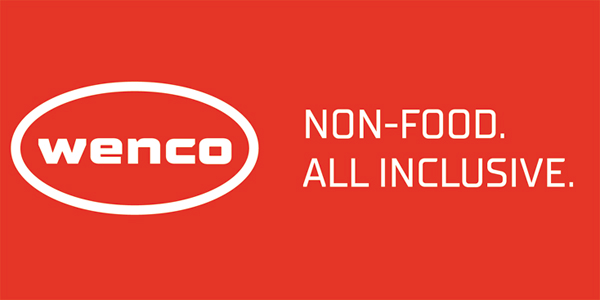ConnectChains premiere: Collaborations and agile supply chains can improve disaster relief
- Stakeholders in humanitarian logistics exchange views on major challenges and possible solutions in Berlin.
- Logistics Hall of Fame brings together international experts for the first time at a conference in the Federal Ministry for Digital and Transport for networking and knowledge transfer.
Oliver Luksic, the German Federal Government Coordinator for Freight Transport and Logistics, during his opening speech at ConnectChains. Four representatives from International Medical Corps, winner of the Lynn C. Fritz Medal for Excellence in Humanitarian Logistics 2023, explained project results after the use of the software Pharmaceutical Information Management System (PIMS). Photo: Sebastian Semmer / Logistics Hall of Fame
Ismaning near Munich, December 4, 2023. Only with agile supply chains, local partnerships and long-term collaborations can the players in the disaster relief sector overcome future challenges. This was the tenor of the premiere of ConnectChains – The Humanitarian Supply Chain Conference on November 29 at the Federal Ministry for Digital and Transport. For the first time, the Logistics Hall of Fame organisation brought together more than 60 top-class international experts from the field of humanitarian logistics, including several humanitarian organisations, logistics companies, scientists, donors and politicians. The aim of the summit was for the stakeholders to network better, identify the biggest challenges and exchange best practice examples. The event was hosted by the Federal Ministry for Digital and Transport.
During the discussions, the experts emphasised that work in disaster areas is made more difficult by factors such as climate change, political crises and water and energy shortages. They called on politicians – especially in countries affected by crises – to ensure a standardised legal framework. Rapid assistance is particularly difficult in transnational operations because regulations differ from country to country and change quickly. They also believe that forward-looking investment in infrastructure and contingency plans are necessary.
Oliver Luksic, Federal Government Coordinator for Freight Transport and Logistics, emphasised that the Federal Ministry for Digital and Transport had already responded to recent crises such as the floods in the Ahr valley or the war in Ukraine and had become even more professional in the area of disaster management. "The crises have shown how important it is to manage aid supplies quickly and efficiently," said Luksic.
During the summit, the representatives of the various stakeholders worked out what homework they need to do quickly and which examples of best practice are exemplary in the field of humanitarian logistics. Representatives from International Medical Corps, winner of the Lynn C. Fritz Medal for Excellence in Humanitarian Logistics 2023, reported on the use of their self-developed software Pharmaceutical Information Management System (PIMS). The organisation from the USA thus achieved a milestone in managing the last mile in the pharmaceutical supply chain. The use of the tool not only brings deep transparency to the supply chain in 16 countries, but also saves a great deal of time for medical staff, pharmacies and patients.
According to Thilo Jörgl, conference director of ConnectChains, humanitarian organisations and their partners are faced with the "Herculean task of having to work on many problems at the same time despite increasingly difficult framework conditions." The conference impressively demonstrated the urgent need for action. The most important tasks included:
Better coordination and communication: Both humanitarian organisations and commercial companies complain that not all stakeholders in projects have the same level of information and that not everyone is willing to share data. Logistics service providers consider the introduction of so-called control towers to be useful.
Clear responsibilities: For humanitarian organisations, it is clear that responsibilities in supply chain management need to be more clearly defined so that all stakeholders - from donors to logistics service providers and humanitarian organisations - can do their work even better. The prerequisite for this is a transparent supply chain.
Better risk management: Whether natural disasters, political crises or unforeseeable pandemics: The risk of aid supplies and means of transport being damaged and employees' health being jeopardised during operations is increasing. This is why all stakeholders should develop risk management strategies, systematically assess situations and prepare flexible response plans and training prior to deployments. However, since not all risks can be ruled out, continuous learning is essential.
Long-term collaboration: Cooperation between the various international players often does not go beyond supplier relationships or simple partnerships. Trust-based collaboration in a network in which everyone can learn from everyone else and information is exchanged in real time wherever possible would be necessary – for example for last-mile solutions.
Accurate analysis of local markets: Humanitarian organisations and their partners are faced with the difficult task of having to assess the quality of the local economy and markets. On the one hand, they endeavour to involve local actors in the projects, but on the other hand, they are often under time pressure and find it difficult to assess whether local partners can supply the right goods in the required quality at a reasonable price. It is also difficult to determine the actual needs of those affected.
Exchange on sustainability strategies: The United Nations High Commissioner for Refugees (UNHCR) has set the target that carbon dioxide emissions in supply chain management must be reduced by 30 percent by 2030. It is not only the measurement of emissions that is difficult, but also the implementation of various measures in detail – these include: the redesign and production of resources from recycled materials, the use of sustainable packaging, the reduction of waste, cooperation with local suppliers and better collaboration between all stakeholders.
Strengthening supply chain management: In some humanitarian organisations, supply chain experts have little influence on top management and their strategy. In some cases, these organisations do not see the need to include supply chain management in strategy development. The situation could soon change because some donors have started to ask for details on the influence of supply chain experts when applying for support.
Background ConnectChains: The ConnectChains - The Humanitarian Supply Chain Conference is an event of the Logistics Hall of Fame. It celebrated its premiere in Berlin at the end of 2023. The aim of the event is to facilitate the transfer of knowledge in the field of humanitarian supply chain management between humanitarian organisations, commercial enterprises and other stakeholders and to bring the players closer together than before. In addition, humanitarian organisations and logistics companies should be better prepared to deal with crisis situations. As the Federal Minister for Digital and Transport is the patron of the Logistics Hall of Fame, the conference took place on the premises of the Federal Ministry for Digital and Transport. Premium partners were BLG Logistics Group, duisport and the Fritz Institute from the USA; partners were Blut transportiert, European Logistics Association (ELA), Logistik Heute and trans aktuell.
Background on the Logistics Hall of Fame: The Logistics Hall of Fame honours international personalities who have made outstanding contributions to the further development of logistics and supply chain management. The aim is to document the milestones of logistics as a global platform and to honour its movers and shakers in order to emphasise the importance of logistics for the economy and society. The Logistics Hall of Fame also presents the Logistics Leader of the Year award to current trendsetters in logistics. The sponsor is STILL GmbH. The Logistics Hall of Fame also honours innovative logistics projects by humanitarian organisations with the Lynn C. Fritz Medal for Excellence in Humanitarian Logistics. The Fritz Institute is the sponsor.
The non-profit initiative is supported by politics, associations, the media, business and science. Dr Volker Wissing, Federal Minister for Digital and Transport, is the patron.
Sponsors: 24/7 ASSISTANCE, ADAC Truckservice, AEB, Working group logistics initiatives Germany, Baumann Paletten, BLG LOGISTICS, Federal Ministry for Digital and Transport, German Road Haulage, Logistics and Waste Disposal Association (BGL), German Association for Materials Management, Purchasing and Logistics (BME), Federal Association of Parcel and Express Logistics (BIEK), Federal Association of Forwarding and Logistics (DSLV), German Transport and Logistics Association (BWVL), Federal Logistics Association (BVL), Business+Logistic, COYOTE LOGISTICS, German Transport Forum (DVF), Duisburger Hafen (duisport), EPAL, European Logistics Association, Fritz Institute (Donor), GARBE Industrial Real Estate, Gebrüder Weiss, Goldbeck, HIAB, impact media projects, International Federation of Freight Forwarders Associations (FIATA), International Road Transport Union (IRU), Interroll Group, Krone, Lebensmittel Zeitung, LIP Invest, Locus Robotics, LOGISTIK-Kurier, LOGISTIC PEOPLE, LTG – Landauer Transportgesellschaft Doll, materialfluss, METRO LOGISTICS, pfenning group, PSI Logistics, RIO – THE LOGISTICS FLOW, Schnellecke Logistics, SCHUNCK Group, Seifert Logistics Group, SETLOG, SSI Schäfer, STILL (Donor), TGW Logistics Group, trans aktuell, Automotive Industry Association (VDA), Wiltsche Fördersysteme, Winner Spedition, WISAG.
Follow us on Social Media:
LinkedIn: www.linkedin.com/showcase/logistics-hall-of-fame
Facebook: facebook.com/logisticshalloffame
X: twitter.com/WorldsLHOF
Reprint free of charge. Specimen copy requested:
Logistics Hall of Fame, c/o impact media projects GmbH, Thilo Jörgl, Eckherstraße 10 b, 85737 Ismaning, T +49 (0)89 2153846-12, This email address is being protected from spambots. You need JavaScript enabled to view it., www.logisticshalloffame.net









